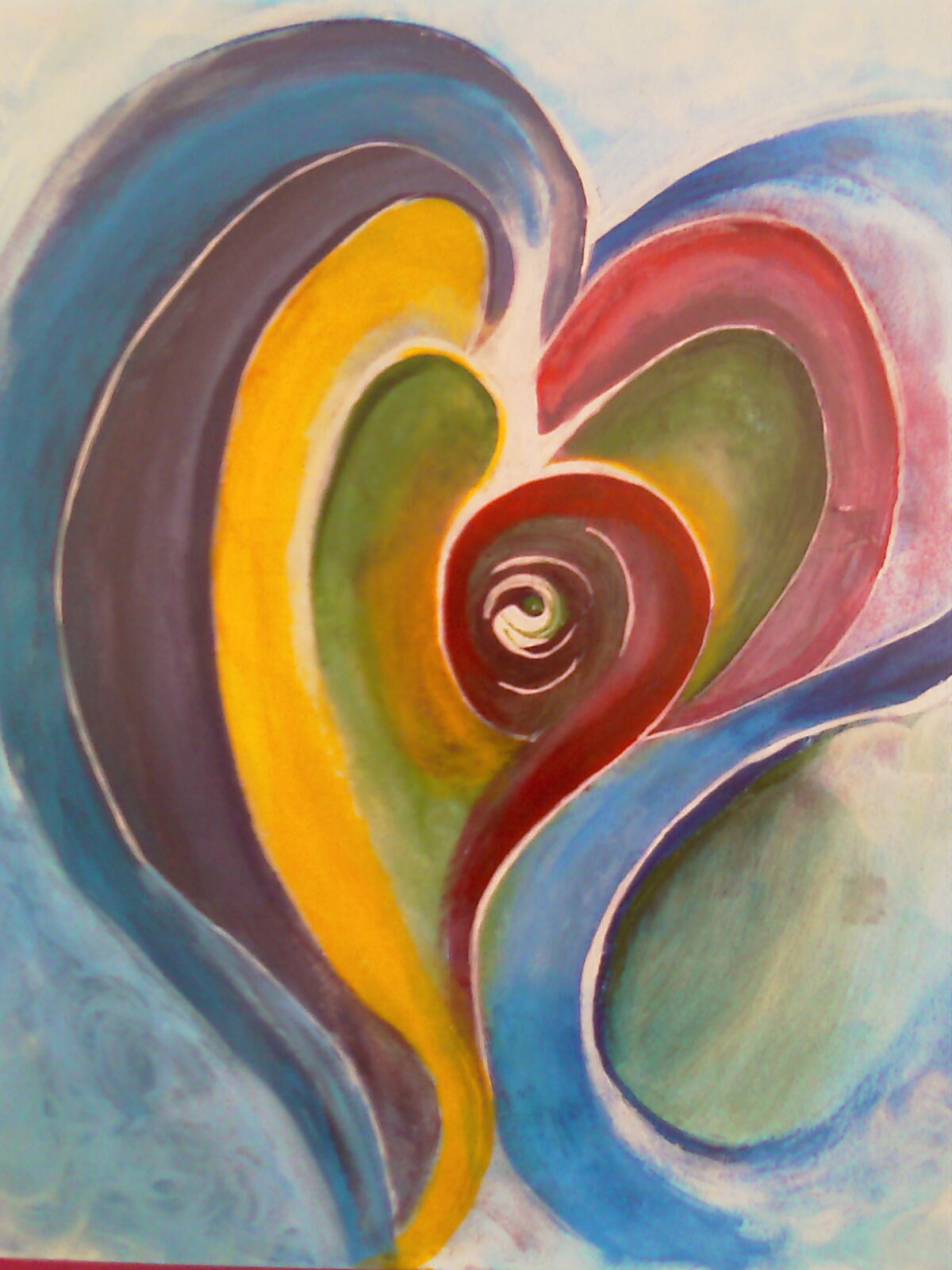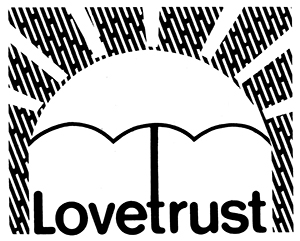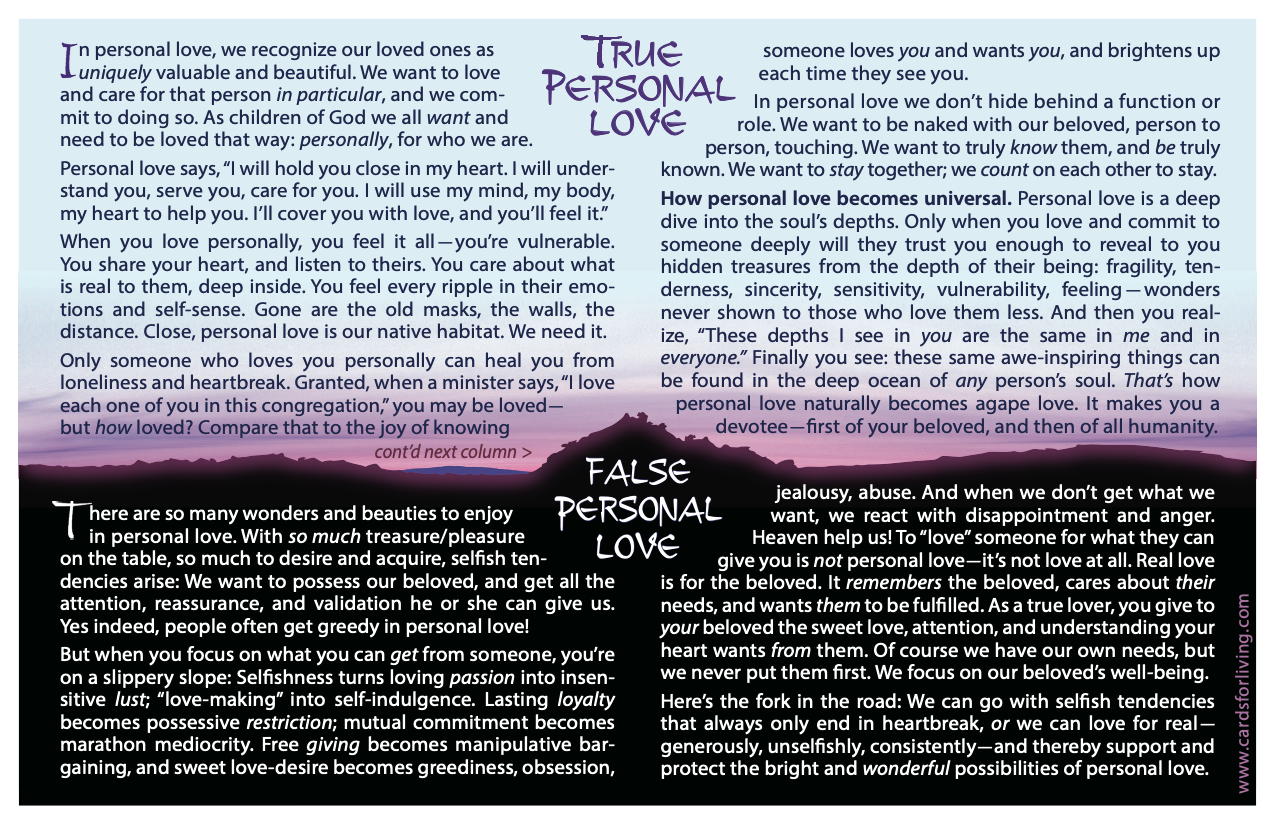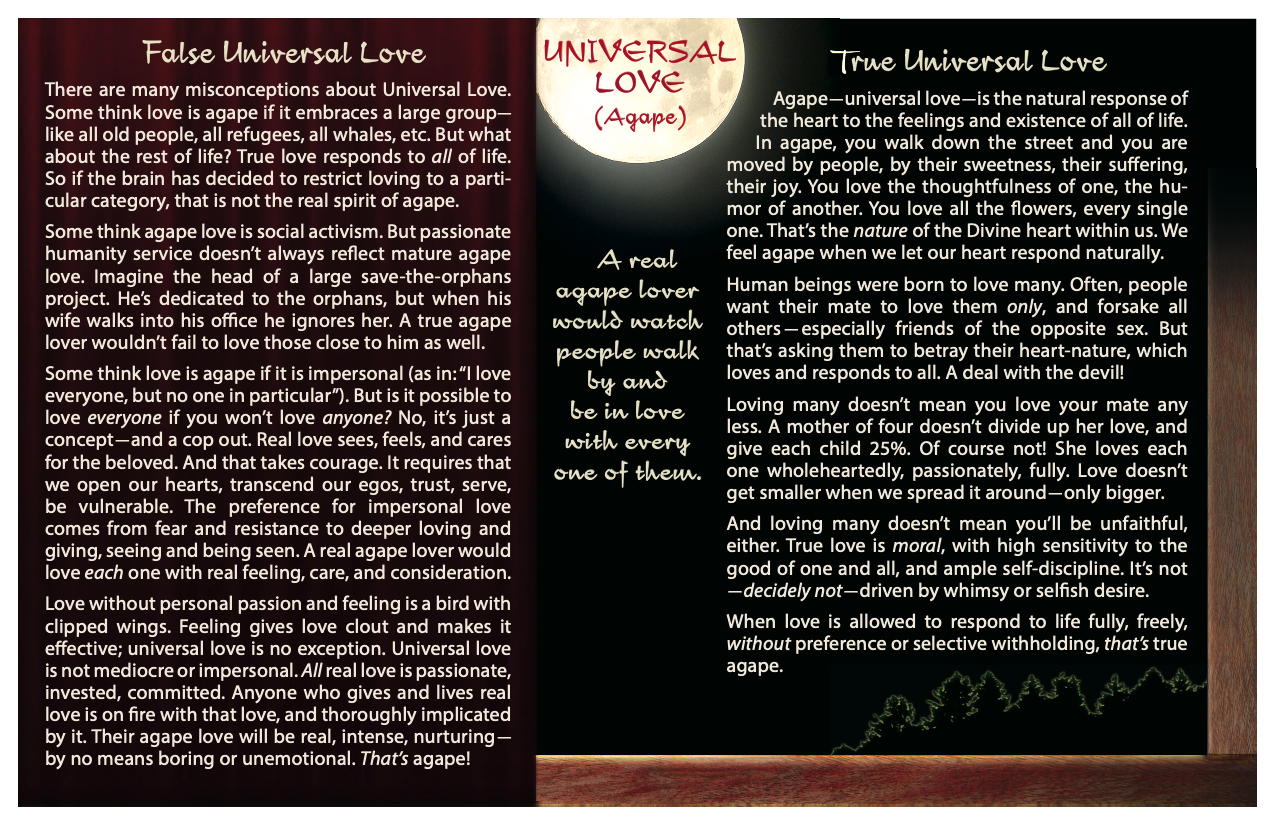

Love is a necessity of life; it’s our real soul food. Science will never be able to measure how much love, and what kind of love, a human being requires in order to thrive and grow. But scientific methods aren’t needed. Each of us innately feels it when we don’t have the amount and kind of love in our lives we need to feel fulfilled. Even people with intimate partners, loving family members, and a group of good friends may still feel something is lacking in their love exchange.
To fully satisfy our hearts, we need to live in a circle of love that is broad, deep, and true. If any of those three factors is lacking we suffer, at least secretly. Let’s explore how to expand the dimensions of our loving, to help us give and receive the quantity and quality of love every human being truly needs.
Some people say that universal love (or “agape,” love for everyone and everything) is the highest pinnacle of loving, and human, personal love is lower. It’s commonly believed that universal love is as close as humans can come to divine love (or as religious folk would say, to the expansive, unconditional way God loves), while personal love is much more limited, and inherently flawed.
Well, is that true? Let’s consider it together….
Most of us have experienced some form of universal love. We may have seen examples on YouTube, read about it in books and online, and heard about it or encountered examples in our own lives. World-class spiritual leaders like the Dalai Lama, Bishop Desmond Tutu, Martin Luther King, and the like. Pastors of faith congregations, and spiritual masters of all paths. Devoted humanity servants.
What do you feel in the presence of a universal lover? Inspired—certainly. Impressed by their radiance, their equanimity, their inner peace and joy—without a doubt. Loved—yes…. But how loved? If you’re like most people, it’s not enough to satisfy your soul-need for love. Universal love is pure, high-quality love—it’s selfless, impartial, and warm—but it’s not personal enough to heal your heart.
Okay, so what about personal love, in your experience? Everyone has at least some experience with personal love, from parents, friends, and lovers, and it’s generally been a mixed bag. As commonly experienced, personal love is as likely to break someone’s heart as heal it—in some cases more likely. For example, lovers often treat each other worse than they would treat a stranger.
Personal love is extremely challenging when there’s too much selfish motivation at play. When people are personally invested in a relationship and hopeful about what they can get from it, they easily become demanding, reactive, and resentful if things don’t go the way they wish, or when their partners prove to be less than perfect. Egos and tempers flare; openness and trust evaporate. If the partners are not prepared to handle the challenges of personal loving, they lash out or withdraw from each other when the going gets rough. That is not loving; it’s too marred by selfishness. No one really wants to treat the people they love that way! In fact, people always regret behaving like that.
Those kinds of experiences have given personal love a bad reputation in many people’s minds. But is it inherently flawed, or is it just a lot harder than it looks? It’s so easy and feels so natural to fall in love, but it’s not so easy and natural to live happily ever after. Personal love requires much more of the lover (and the beloved) than universal love does: more self-transcendence, more tolerance, more commitment, more and deeper investment, more surrender. It also requires consistent personal attention, and strong personal desire unpolluted by selfishness. A tall order! If people aren’t prepared to tackle those challenges, they’re destined for disappointment.
When personal love relationships fall apart, people legitimately need time to nurse their wounds, learn from their experiences, and regroup before trying again. But they still have a daily need to love and be loved. They can either go hungry, or turn to more universal forms of love to carry on. And that’s a smart move. Dedication to developing universal love, although it doesn’t completely satisfy the human heart, is an excellent way to prepare ourselves to face the challenges of personal love in the future. Universal love allows us to express qualities our hearts recognize as true love, and behave in ways we feel good about.People with strong tendencies toward unconstructive forms of attraction and reaction can have positive social interactions only by refraining from the more personally implicating forms of love. Agape love allows them space from their destructive tendencies, and supports safe, steady progress in love. Because it removes the selfish component in loving, it’s easier for agape lovers to practice the virtues of loving—supportiveness, compassion, unselfishness, generosity, and patience—in real life. They are free to focus on and cultivate their sincere desire to love.
If you look around you’ll recognize many people in this category—everyday examples of universal love. People who dedicate their time and money to humanitarian causes, often passionately and liberally. People who meditate regularly, sincerely working on developing an attitude of non-reactivity and lovingkindness toward all. People who seek companionship in a circle of casual friends, or who actively socialize primarily with members of a faith fellowship, a common interest group, or other organization. Even members of intentional communities, who strive to live harmoniously in close proximity to each other but lead separate lives.
These universal lovers enjoy a modest amount of love and social connection and are legitimately considered to be loving people. Their involvement in agape forms of love gives them the pleasure of expanding beyond self-focus and relief from living entirely for themselves, and it offers opportunities to help others in simple, purely positive ways. They’ve succeeded in avoiding the bigger challenges of personal relationship, but there’s a downside: Their relationships are shallower, and provide less soul-nourishment, than human beings truly need. And their loving is stuck in the shallows until they face and master the truly beneficial challenges they’ve deferred.
At face value, universal love is a bargain compared to the sacrifices and investments required for personal love; but for deep fulfillment in love, personal love is essential. Personal love gives what human beings actually need:
- Personal recognition—being valued for the unique individual we are.
- The relief and security of being seen and known, warts and all, and still loved in spite of our imperfections—and the opportunity to extend that much-needed gift to another soul.
- A context in which we get honest feedback, loving support, and trust, without which personal growth is much slower and more difficult—and the soul-satisfaction of providing that context for our beloveds as well.
- The experience of being loved deeply enough and long enough to be healed from loneliness and heartbreak.
Obviously, to offer all this, personal love must be unselfish, loyal, committed, and true. It must have all the qualities we admire in true agape lovers—and more.
To give high quality personal love as parents, friends, or lovers, we must go beyond the limitations of personal love as we’ve experienced it. We must reduce the degree of ego-involvement that has caused most of the problems we’ve encountered in personal love. We must overcome the tendency to love too preferentially and conditionally, and to give up too quickly when problems arise. We must face and handle the shortcomings in ourselves and others that only come to the fore in close personal relationships. Essentially, we must learn how to be truly loving.
And we must go beyond the limitations of purely universal love, which fails to satisfy human beloveds because it lacks vulnerability, tenderness, true bonding, steady investment, personal affinity, and personal recognition.
Truth be told, a mono-diet of only universal love or only personal love will leave us hungry and under-nourished. We need high-quality love that has the breadth and space of universal love and the depth and sticking power of personal love. We need to purify our personal love with the space and unselfishness of agape, and we need to deepen our agape love with the emotional courage to love with our whole hearts: with all the sensitivity, care, desire, understanding, and commitment we can find in ourselves for the purpose. When we do, we discover that personal love and universal love are a never-ending circle, feeding each other. Universal love tunes our personal love to a higher key, and personal love overflows into universal love.
The True Personal Love card on cardsforliving.com describes the circle in this beautiful passage:
Personal love is a deep dive into the soul’s depths. Only when you love and commit to someone deeply will they trust you enough to reveal to you hidden treasures from the depth of their being: fragility, tenderness, sincerity, sensitivity, vulnerability, feeling—wonders never shown to those who love them less. And then you realize, “These depths I see in you are the same in me and in everyone.” Finally you see: these same awe-inspiring things can be found in the deep ocean of any person’s soul. That’s how personal love naturally becomes agape love. It makes you a devotee—first of your beloved, and then of all humanity.



